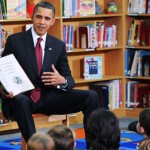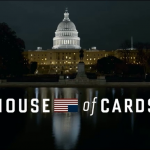A defense of the liberal arts will almost always also be a defense of theology, because the principals that undergird the liberal arts always have theological implications. Take the recent talk Mark Roche recently gave on why one should choose a liberal arts education. I was struck by how his defense of liberal education could be extended to achieve an understanding the role of theology in dealing with existential questions in life more broadly. Roche argued, in a pretty typical fashion, that the liberal arts colleges are one of the few places where the goal is to engage with the “great questions” and the “great answers” to them. Studying the liberal arts may not be as efficient as a business degree or a pre-med track, but it is enriching in a way professional studies aren’t.
Theology, similarly, is – as Roche said of the liberal arts – essential, but not practical. Moral theology has a practical aspect, of course, but you can’t learn to build bridges or solve a math problem through theology. But by providing a space where ultimate questions and concerns can be explored, theology has something to say to our individual lives and modern cultures. Andrew Greeley said much the same in noting that one of the weaknesses in the presumed triumph of secularization is the fact that everything that’s supposed to replace religion cannot do the one thing that religion always has – ask the most important questions concerning the meaning of our existence.
In the way that the liberal arts facilitate asking questions that contextualize our life and work as individuals, theology can serve as a resource for bringing the transcendent to bear on our most pressing existential questions.













